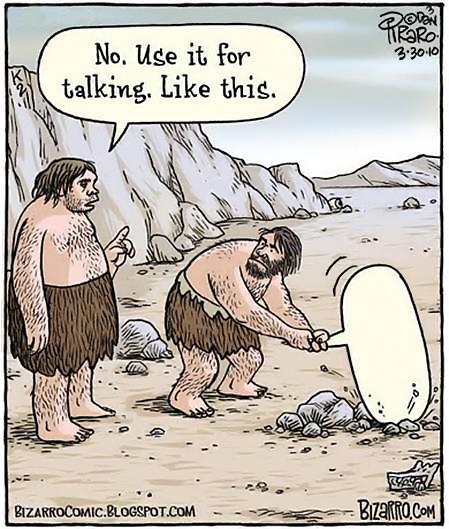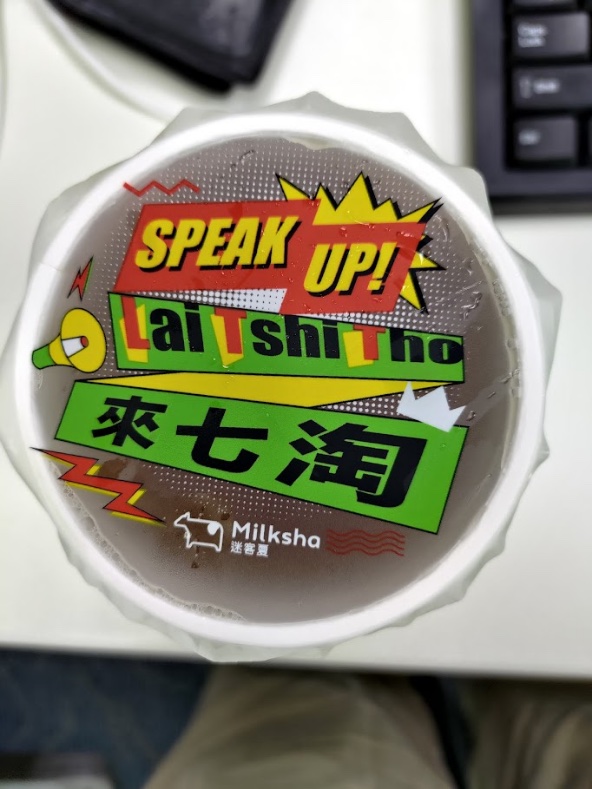Continuing my run through the Midwest, among many others, I have passed through the following towns and counties: Lima, Cairo, Gomer, Delphos, Van Wert, Warsaw, Kosciusko, Hamlet, Wanatah, and Valparaiso. These names reflect the variety of ethnicities and origins of the inhabitants. Several of them are locally pronounced in ways that I had not expected:
Lima is Laima, not Leema (one of my students flew to the capital of Peru that same day I went to its reputed namesake in Ohio).
Cairo OH is Kayro, not Kairo; I don't know for sure how the same name of the southernmost city in Illinois is pronounced locally.
Kosciusko is Kaziasko, not Koskiusko.
Valparaiso is colloquially known as Valpo.
Read the rest of this entry »


